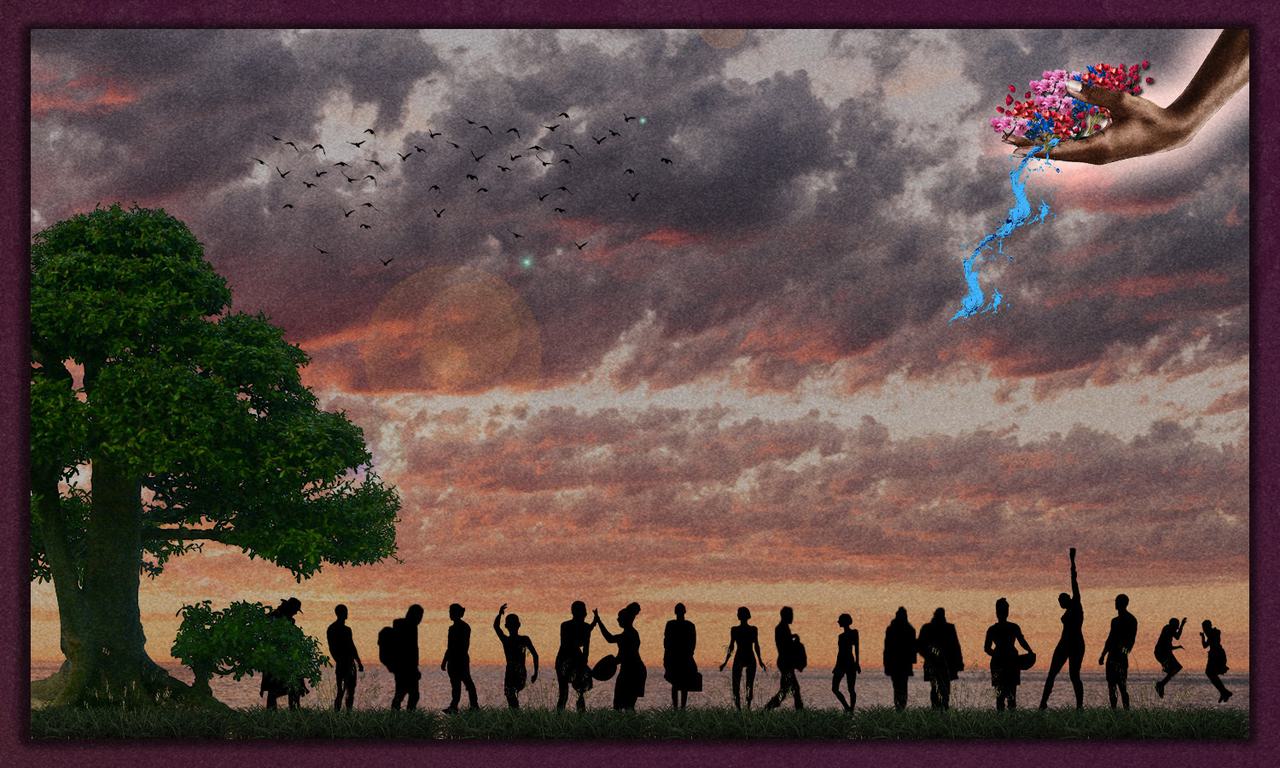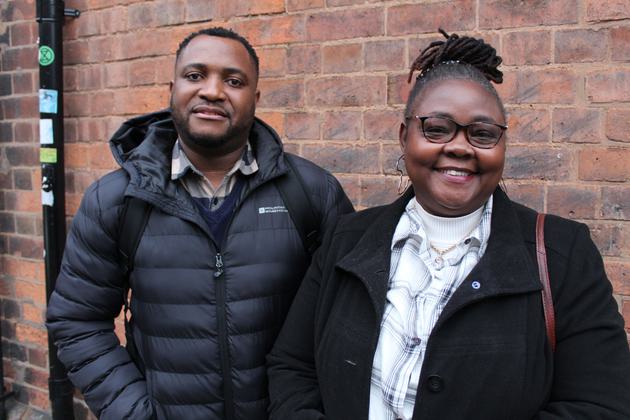
Know your rights: the group pushing back against migrant exploitation
The Pan African Workers Association is a migrant-led organisation that provides online resources for care workers
When the friends and families of Zimbabweans working in the UK learned their relatives were being exploited, there was no clear solution at hand. Union organisers in Zimbabwe were overwhelmed by the pleas for help but couldn’t provide the necessary support.
At the heart of the issue was the UK’s health and care worker visa. It’s a scheme designed to plug the vast gaps in the social care sector but which has led to some migrant workers being trapped in abusive conditions and feeling unable to blow the whistle for fear of losing their visas.
Valentine Guruuswa, an academic and charity worker, joined forces with Barbara Gwangwara-Tanyanyiwa, a trade union leader and care worker, to help those worst affected. Having begun by setting up a WhatsApp group, they eventually established the Pan African Workers Association (Pawa), a migrant-led organisation that supports African care workers to understand their employment rights and push back against workplace exploitation.
Pawa provides online resources for care workers on the health and care worker visa and holds monthly online meetings. The team also runs know-your-rights sessions and information workshops in collaboration with trade unions.
“The visa really doesn't give the employee any rights,” Guruuswa told the Bureau of investigative Journalism (TBIJ).
Launched in 2020, the visa lets UK companies employ care workers from around the world. The worker then remains tied to the company – or their “sponsor” – for the length of their visa. As TBIJ revealed this week, this model inadvertently traps workers in exploitative, sometimes dire, circumstances by discouraging them from reporting their employers.
(The Home Office told TBIJ that it is “committed to stamping out exploitation of those working in the care sector”.)
 Valentine Guruuswa (left) and Barbara Gwangwara-Tanyanyiwa
Vicky Gayle
Valentine Guruuswa (left) and Barbara Gwangwara-Tanyanyiwa
Vicky Gayle
When someone comes to Pawa with a problem, Gwangwara-Tanyanyiwa said, the first question they’re asked is whether they’re part of a union. It’s how the organisation ensures people have access to the best support possible.
“We don't have the resources to be able to do casework for everyone,” Guruuswa said, “[but] our first responders support people to raise grievances with the trade union”.
Pawa’s first responders complete casework like filling out forms or writing emails and, at other times, they direct individuals to trade unions or other organisations better suited to providing legal advice.
In August last year, TBIJ held a know-your-rights session with Pawa, the Anti-Trafficking Labour Exploitation Unit, a charity providing legal advice, and the Migrants’ Rights Network, a campaign group.
After the session, a woman who’d attended got in touch with TBIJ. Before the meeting, she said felt as though she was “suffocating” and that working in the UK felt like a scam.
However, she felt inspired by the session. “Hearing from the lawyers, hearing other people’s experiences, I told myself, ‘No, I’m not going to feel sorry for myself,’” she said. The woman, who asked to remain anonymous, has since joined a union and continues to work as a care worker.
When it comes to organising, Guruuswa said, it’s not just talking about difficult or sophisticated political issues, but also “making sure people can come together”. Last year, Pawa also held an in-person social events that gave attendees a space to chat about their experiences and share advice.
There are migrant care workers employed all over the UK, often working irregular or antisocial hours. Helping to resolve all their employment issues is a struggle, Gwangwara-Tanyanyiwa admits. Not everyone can afford to travel to meetings, and some are working or commuting during meeting times.
Both Guruuswa and Gwangwara-Tanyanyiwa told TBIJ that Pawa is filling the gap left by other organisations in catering to the unique needs of African care workers.
Guruuswa said it is key that the workers “all gather under one umbrella”.
“These are our collective problems,” he said. “We need collective solutions.”
Reporter: Hajar Meddah
Bureau Local editor: Gareth Davies
Deputy editors: Katie Mark and Chrissie Giles
Editor: Franz Wild
Production editors: Frankie Goodway and Emily Goddard
Illustration: Aba Marful (Morganite)
Our reporting on insecure work is supported by the Joseph Rowntree Foundation and is part of our Bureau Local project, which has many funders. None of our funders have any influence over our editorial decisions or output.
-
Subject:
-
Area:




